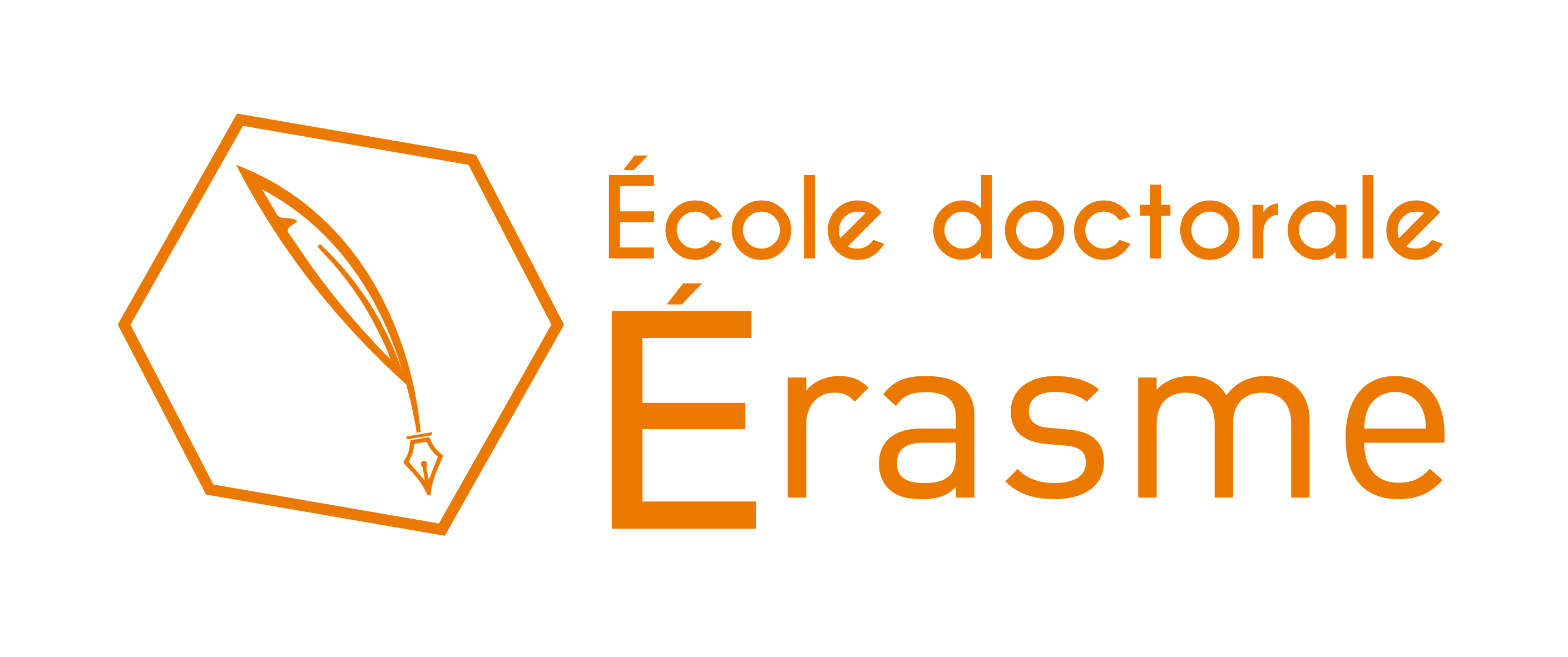
Quelles singularités de la protection sociale dans un contexte d’État prédateur et d’élite prédatrice ? Le cas du Liban.
Cette thèse examine les spécificités des systèmes de protection sociale dans un contexte d’État prédateur et d’élite prédatrice, en prenant le Liban comme principal cas d’étude. Au Liban, un système de protection sociale parallèle à celui de l’État s’est développé, fondé et dominé par une élite politico-religieuse et économique, dont certaines familles influentes maintiennent leur pouvoir et statut social depuis l’époque ottomane. Cette élite assure la protection sociale en créant et contrôlant, directement ou indirectement, de nombreuses associations et organisations non gouvernementales. L’objectif de cette thèse est de proposer une nouvelle typologie des systèmes de protection sociale en étudiant ce que nous appelons le modèle libanais de “l’élite providence”, et en explorant sa possible généralisation à d’autres pays non-pétroliers du Moyen-Orient.
The Specificities of Social Protection in a Context of a Predatory State and a Predatory Elite : A Case Study of Lebanon.
This thesis examines the specificities of social protection systems in a context of a predatory state and predatory elites, using Lebanon as the primary case study. In Lebanon, a parallel social protection system has developed, founded and dominated by a politico-religious and economic elite, some of whom have maintained their power and social status since the Ottoman era. This elite provides social protection by establishing and controlling, directly or indirectly, numerous associations and non-governmental organizations. The aim of this thesis is to propose a new typology of social protection systems by studying what we term the Lebanese model of “Elite Welfare” and exploring its potential generalization to other oil-dry countries of the Middle East.


